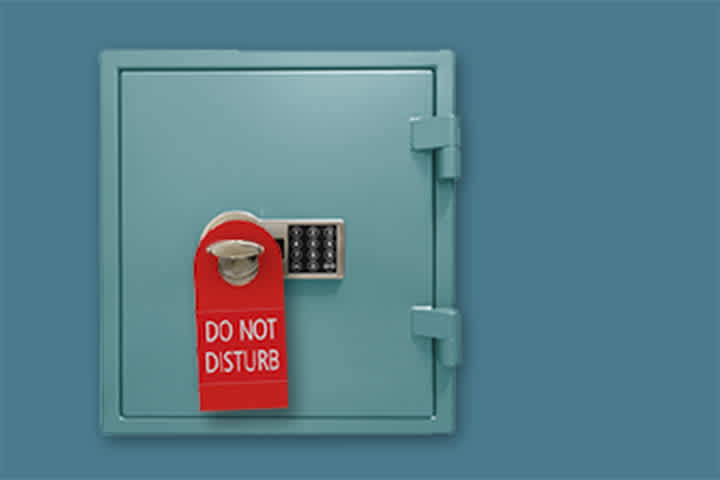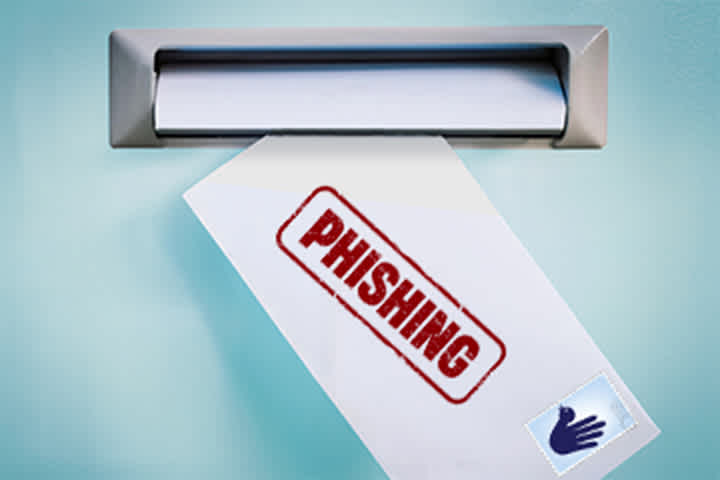Have a password manager on your cybersecurity checklist yet?
Keytrade Bank
keytradebank.be
November 05, 2024
2 minutes to read
A strong password is a complex one. In an ideal world, you'd have a unique password for each online account. But it's impossible to keep track of them all, we hear you say. Not if you use a good password manager, it isn't. If you've never heard of such a thing, allow us to talk you through it.
Take the middle route for passwords, too
If you've slipped into the dangerous habit of using the same password to log in to almost all of your online accounts, now's the time to break it. It's not a wise move in an era when cybercriminals are becoming increasingly adept at gaining access to our data. All it takes is one random hit and they'll be able to get into many of your accounts.
However, using dozens of different passwords is also a risk – especially when it comes to weaker ones. The smart middle ground here is to create a unique, strong password for each account and store it in a password manager.
What is a password manager?
A password manager or password manager is a digital vault that securely stores and manages all your passwords for different accounts. You only need to remember one master password to access all your other passwords.
How does a password manager work?
Once you've logged in to the password manager, it automatically enters the correct login details when you open a specific account. The biggest advantage to this approach is that you can use strong, unique passwords for every website you visit, without having to remember them all.
What's more, you can install your password manager on different devices (such as your laptop, tablet and/or smartphone) and synchronise all your passwords with ease. This allows you to access your accounts anytime, anywhere.
Other points to consider
While the benefits of a password manager are clear to see, there are a few things you should bear in mind:
- Your main password shouldn't just be very strong; it should also be something you find easy to remember. After all, if you forget it, you'll lose access – unless you've set up a recovery option.
- Cybercriminals are getting wiser all the time. If a hacker somehow manages to crack the main password for your smartphone, laptop, tablet and – in the worst-case scenario – password manager, they'll gain access to lots of valuable information.
- Some password managers are free, while others charge a fee. You may also have to pay (more) to use certain features.

What is a strong password?
We've already mentioned that strong passwords are particularly difficult for cybercriminals to crack. But what does a strong password look like in practice?
- The foundation of a good password is that it is unique, long and hard to guess.
- Experts recommend using at least 12 or even 15 characters.
- It is also advisable to use a combination of uppercase letters, lowercase letters, numbers and symbols.
- An even better option is to use a passphrase such as GreatWeatherTodayIsntIt? You could also use a passphrase containing a few special characters, such as 1Str0ngK€y0nMyCentsAndMyPasswords!! The advantage of such passwords is that they're easier to remember.
What shouldn't you do?
What you certainly don't want to do is to give cybercriminals access to all your data. Avoid passwords such as:
- Password123
- 123456
- QWERTY
- Personal information that, in principle, is freely accessible, such as your date of birth
- Keytrade2023: Mentioning a year and/or bank in your password is never a good idea
Which password managers are out there?
You may already have noticed that Google offers to manage your passwords. There are actually several different platforms on which you can install a password manager. Below is a brief overview of the most common types of password management:
- Cloud-based: accessible wherever you are
- Internal: on site, such as on a company's premises
- Mobile: iCloud Keychain or Google Password Manager, for instance
- Browser-based: built into web browsers, such as Chrome or Safari
If you'd like to start using a password manager or try a few out, Safeonweb presents you with a small but useful selection from the wide range on offer.
All of the platforms have their own specific features, subscriptions and pricing, as well as their own limitations. Be sure to weigh up the different options carefully before making your final decision.
Summary
In our view, a reliable password manager is an essential tool in the fight against cybercrime – especially for anyone who uses online banking on a regular basis. We hope we've been able to inspire you to manage your passwords (even) more carefully and securely than before.
If you'd like to learn more about cybersecurity, the potential threats and how you can guard against cybercriminals and fraud, take a look at our blog page.


